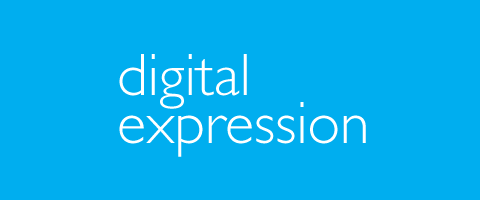Some Thoughts on 21st Century Communication
As social networks proliferate, there are more and more outlets for people to express themselves. Between Facebook and Twitter, as well as the second and third tier players, we constantly update our statuses to anybody who will listen. Blogs have matured, and become less of a publicly aired journal. Then there are the sites which are merely related to your life, such as LinkedIn or Flickr, that showcase one aspect of your life.
Taken all together, all of these sites can provide a thorough portrait of somebody's life. They can give an represent your activities, likes and dislikes, interests, how you make a living or how your express yourself. As a whole, this is a vastly different way of relating to people. In the not-too-distant past, this intimate insight into people's lives often took years or decades to fully investigate. Now we can learn almost everything about somebody in fifteen minutes.
Still there persists a certain disconnect. While some people project out through many social channels, the people who receive the message so often see such a narrow view. We may follow a friend on Twitter, but not on Facebook and Flickr. Or possibly we subscribe to a certain blog's RSS feed, but we ignore what the author posts on MySpace. The frequently conflicting nature of so many of these sites, combined with their proprietary networks, creates a sort of walled ecosystem around each site. Though people project a certain image of themselves, not everybody receives it.
This is not to say that it is any worse than communication in the past, just different. Communication is easier and cheaper today than it's ever been. And it will only get easier and cheaper from here on. Global competition has lowered the price of everything, and only for the better. We can see what our friends are doing in another city, another country or across the world. We can meet and interact with people who we never would have encountered just ten years ago.
In my personal life, the biggest disconnect is between the people "who get it" and those don't. Essentially, the people who are active with social networks communicate with each other, while those who choose not to have a more limited sphere. I feel more connected to friends who are participate in social networks than those who don't. I wouldn't argue that it's not a sort of one-directional connection a lot of the time, but it does let me know what a lot of my friends are up to without having to initiate a conversation myself.
All of this is not to single out a problem, or to suggest a solution. It's merely to try to identify some trends. Being alive at this moment is exciting, since everything around us is changing. It's good to step back and take a look at the bigger picture sometimes.
UPDATE: I've closed the comments since I've been getting a world of spam on this post. Feel free to drop me a line with your thoughts, if you feel so inclined.

I find it much easier to try to be absurdly hilarious instead of brutally honest.
Comments are closed.